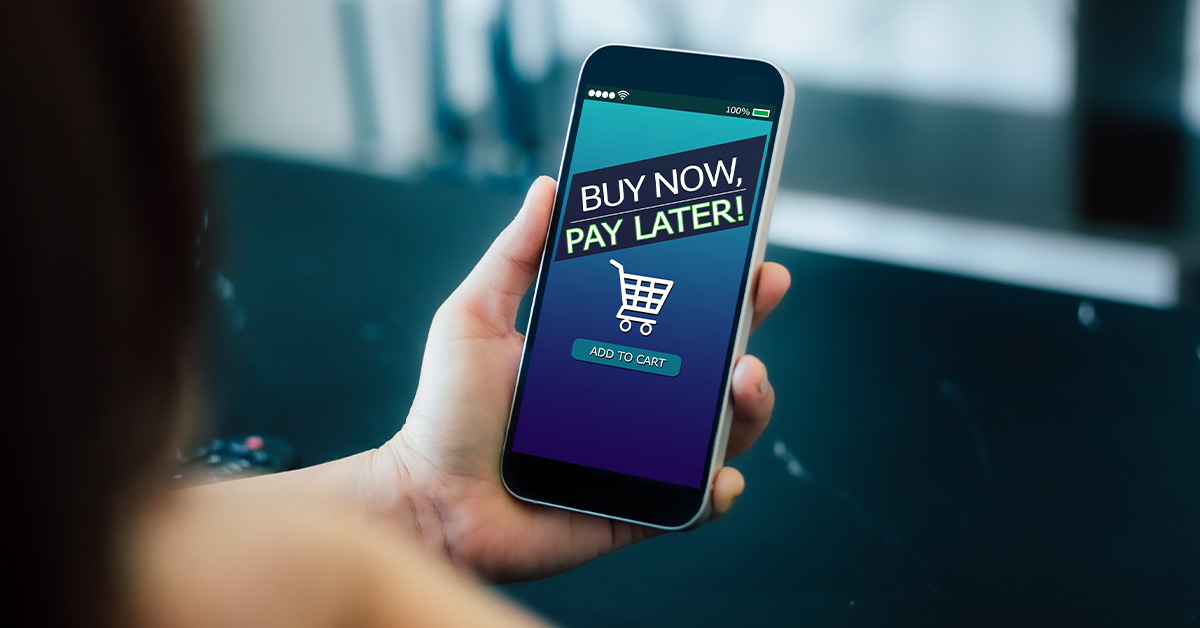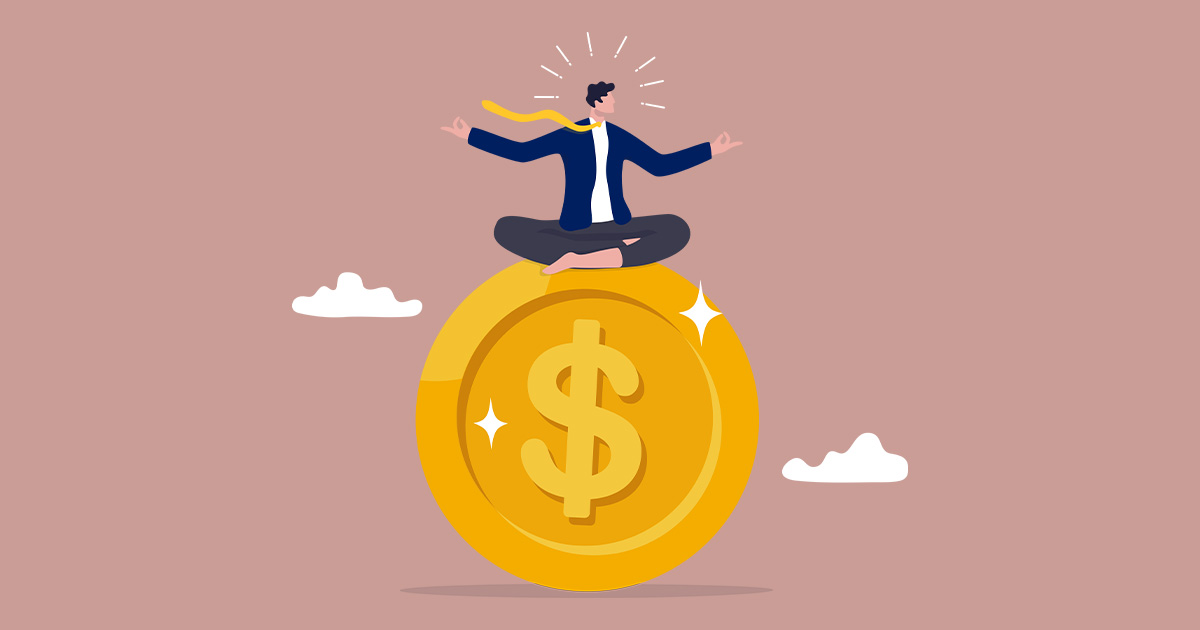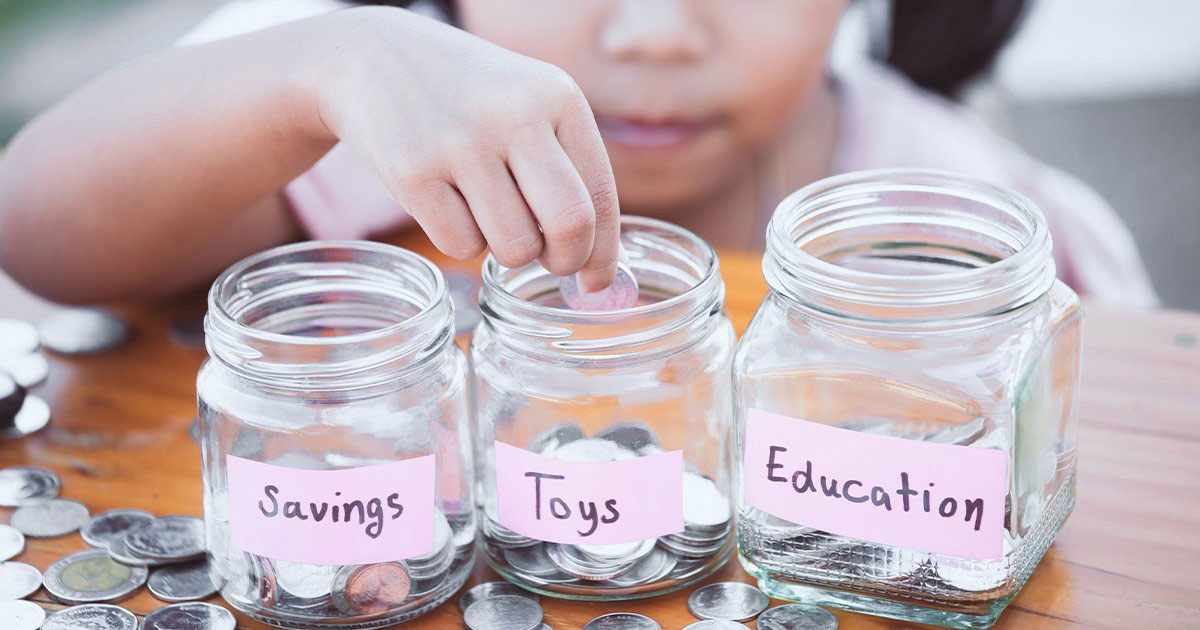
Are Peer-to-Peer Payment Apps Safe?
From paying a friend back for coffee, splitting a restaurant bill, or sending your roommates your share of the utility bills, peer-to-peer payment (P2P) apps have made paying for things a breeze. Technology has made everything seem limitless, so there is no surprise that this fast-paced way of life has now embedded itself into the life of banking and financial industries. Mobile technology has redefined financial services bringing an ease and immediacy that was previously unheard of. By leveraging order-in-one-click technology, P2P apps like Venmo, CashApp, PayPal, and Zelle help you transfer money in a matter of seconds.
How Peer-to-Peer Payments Work
Peer-to-peer payments have become even more popular during the pandemic as they've enabled people to reduce contact by going virtual and cashless. As apps increase in popularity, it is essential to know how they work in the first place. Peer-to-peer payments digitize day-to-day transactions by initiating payment directly from a bank account - similar to debit cards – just without the card. In real-time, you can transfer money from your bank account or from one payment account to another. Even so, unless you are careful, using peer-to-peer payment apps can leave you vulnerable to fraud.
Are Peer-to-Peer Payments Safe?
The question is do faster payments mean faster fraud? Not necessarily. Peer-to-peer payment systems encrypt and shield your financial information, and most companies have support teams and fraud monitoring procedures in place to help solve issues involving unauthorized access. The technology these platforms use is secure, but there are scams centered on Peer-to-peer payments. Here are some common scams you can encounter:
- Identity fraud - This is where scammers with access to your sensitive information may also access your account. All they would need is your Social Security number or any other sensitive data. You can even receive spoofed calls from the IRS claiming you owe unpaid taxes or calls from bogus companies who claim you owe an unpaid debt.
- Consumer fraud – This can happen when you buy goods that never show up. Make sure to always buy from verified sellers. Peer-to-peer payments are hard to reverse, and you can lose your hard-earned money if you are not careful. Be sure to only send money to the person or company you intend to before you send it.
- Phishing scams – Be leery of emails, phone calls, or messages asking you for information or to access a link. Usually, these messages are phrased to sound like emergencies or make it seem like you've won the lottery or some other type of sweepstakes but are often geared towards stealing your information.

Companies offering peer-to-peer payment platforms are invested in keeping your information and your money safe. However, you should always err on the side of caution. Here are a few measures you can take to help peer-to-peer service companies keep your money safe.
- Enable 2-Step Verification – This is the best way to protect your account from cyberattacks. It adds a second layer of protection by requiring a PIN, confirmation via phone, or a passcode sent to your phone or email for transactions to go through.
- Opt for a notification for every transaction.
- Don't pay strangers with peer-to-peer payments. It can be a challenge to get your money back.
- Link your Peer-to-peer payment account to a bank account, credit, or debit card. This way, you're protected under federal law if your money is misdirected.
Remember, using peer-to-peer payment apps means your transactions clear faster, which works to the advantage of fraudsters. If you suspect you've fallen victim to a scam, here's what you should do.
- If your account is linked to a bank or credit card, contact the financial institution, and inform them of the fraudulent transaction and ask for it to be cancelled or reversed.
- If the payment cannot be cancelled, reach out to the payment app for support and request a refund. For instance, PayPal has a Purchase Protection for Buyers that can help you get your money back.
- Also, always report a scam! When you report fraud to the FTC, you can help spot trends and build cases against scammers.
Stay Safe
Fraudsters come up with new ways to scam you out of your money every day. You can even be asked for fraudulent charitable donations. The key to preventing fraud is to always be careful and verify whether the business you're sending money to is legitimate. Also, always review your provider's security procedures to identify whether they have fraud policies in place before you sign up.









